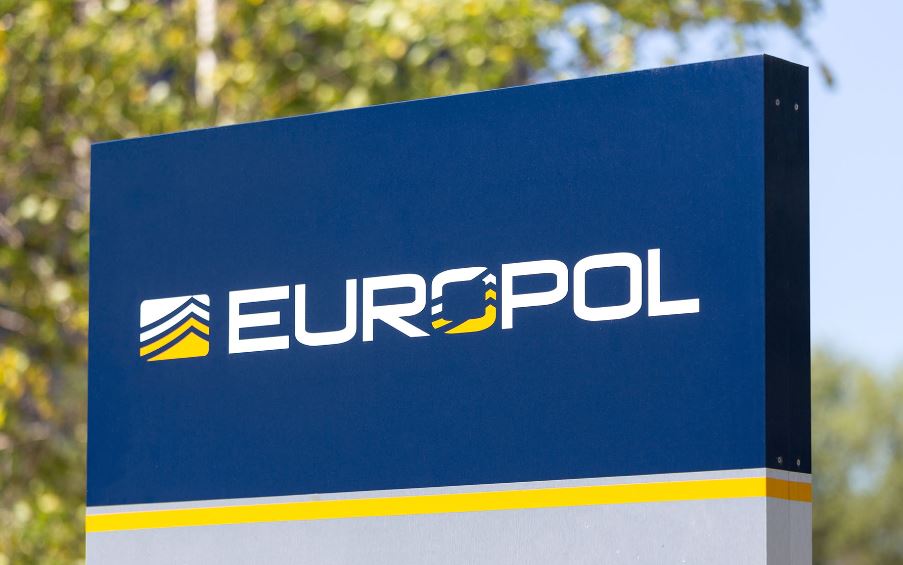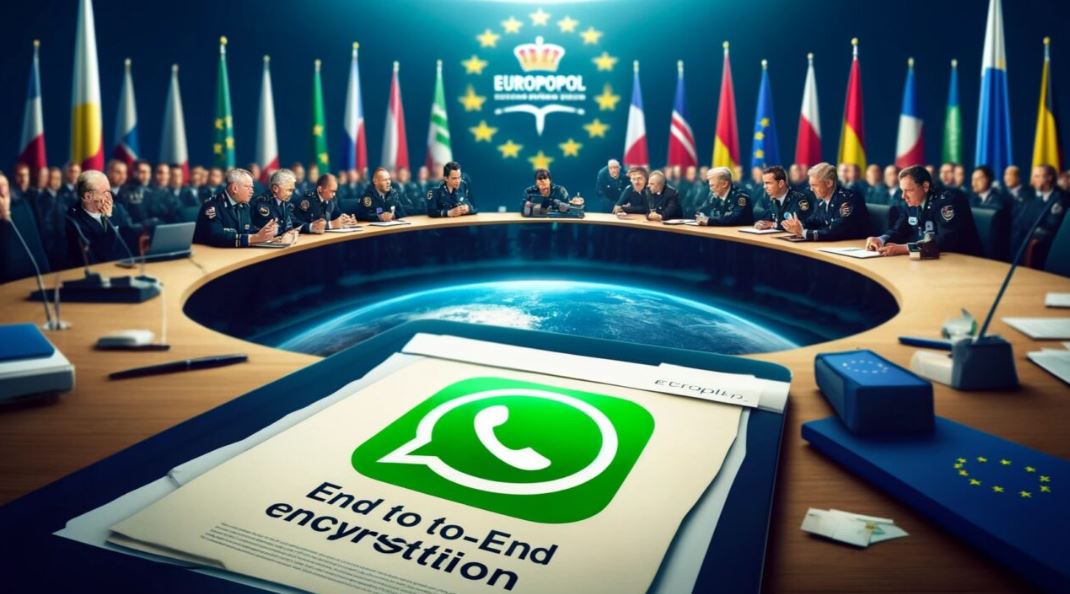Messenger services such as WhatsApp utilize encryption technology to safeguard user privacy, ensuring that chats remain secure from unauthorized access. Despite this, Europol approaches this practice with skepticism, advocating for measures aimed at constraining robust end-to-end encryption.
Europol Takes Aim at WhatsApp Encryption
Europol is raising concerns regarding the end-to-end encryption employed by messaging platforms like WhatsApp, cautioning that such technology could jeopardize public safety by impeding access to crucial evidence in criminal investigations. This impediment complicates the task of investigative authorities in retrieving messages from suspects, hampering efforts to combat serious offenses like terrorism and child exploitation.
Please follow us on Facebook and Twitter.
The EU police authority is advocating, among other measures, for enhanced collaboration between technology firms and law enforcement agencies. It seeks to establish novel avenues for accessing encrypted data during criminal investigations. According to Europol, this also encompasses proactive identification of illicit content across its platforms.

The robust encryption utilized by messaging applications such as WhatsApp poses a challenge for Europol.
“We are very concerned that the rollout of end-to-end encryption will undermine these capabilities,”
said a joint statement from EU police authorities.
“Even in the past, societies “did not tolerate spaces that were beyond the reach of prosecutors.”
WhatsApp: What is End-to-End Encryption?
End-to-end encryption involves encrypting data on the sender’s device, ensuring it stays unreadable during transmission until it’s decrypted on the recipient’s device. The significant benefit is that no one, including the service operator, can access the plain text of the transmitted information.





